Formal and Informal Ways to Say Goodbye in Japanese
How to Say Goodbye in Japanese // Why You Should Say Say Sayōnara to Sayōnara!
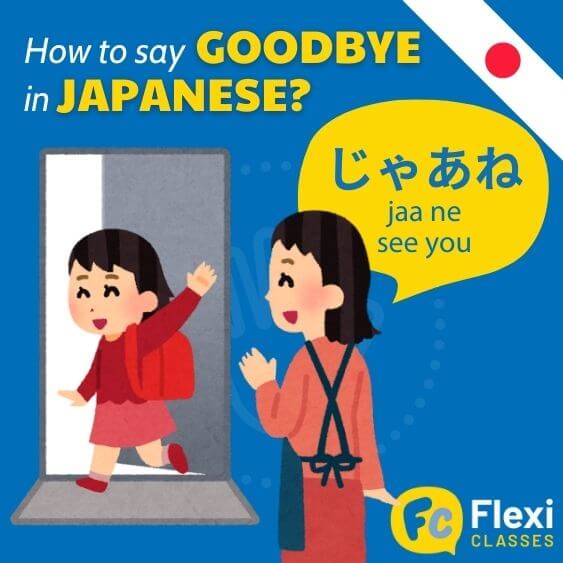
In Japanese, goodbye is said さようなら (Sayōnara), but as is often the case in Japanese, this expression is actually not used directly that often. It is an expression that is only used in extremely formal situations or at school.
What expressions are actually used? Read this article to learn about parting ways in Japanese.
Goodbye in Japanese || Greetings in Business Situations
Goodbye in Japanese || Casual Expressions
Goodbye in Japanese || Other Expressions
Goodbye in Japanese || FAQs
Goodbye in Japanese || Greetings in Business Situations
In workplace and business situations, when saying goodbye, we say:
おつかれさまでした.
Thank you for your hard work.This is an extremely versatile expression, especially in the workplace, and can mean a variety of things depending on the context.
While でした deshita is in the past tense, there is also a present tense form: おつかれさまです – otsukaresama desu.

おつかれさまです is also used as a greeting in the workplace.
In the morning, おはようございます ohayougozaimasu is usually used normally, but from noon to afternoon, お疲れ様でした おつかれさまでした otsukare sama deshita sounds very Japanese rather than “konnichiwa” or “konbanwa.” This can be used with colleagues, superiors, subordinates, business partners, and anyone else related to work.
The past tense of desu is deshita and in the past tense, otsukaresama desu becomes otsukaresama deshita. This can be used to thank someone for their hard work, to leave the workplace, or to say goodbye to a boss or colleague.
The most standard workplace goodbye is, “otsukaresama deshita, shitsurei shimasu.”
If your boss or co-workers are still working, it is also very polite to say:
お先に失礼します。
おさきにしつれいします。osaki ni shitsurei shimasu.
Excuse me for leaving first.
Simply saying dewa, shitsurei shimasu is also a polite way to say goodbye.
If you are still at work and are seeing off someone who is leaving, you can say:
お疲れ様でした、失礼します。
おつかれさまでした、しつれいします。otsukaresama deshita, shitsurei shimasu.
Thank you for your hardwork.
In Japan, it is generally believed that overtime work is common, and there is still somewhat of a notion that it is impolite to go home before one’s boss does. Even in such a situation, if you have finished your own work, you can say osaki ni shitsurei shimasu
お先に失礼します。
and leave.
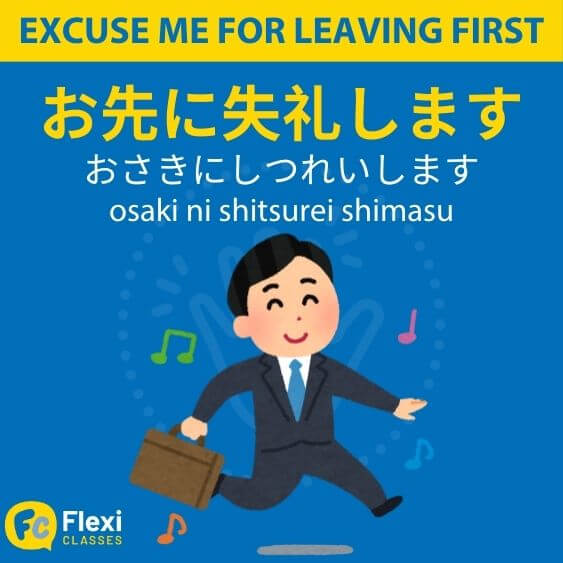
This is a very useful expression when working in Japan, especially if you are going to work for a traditional Japanese company. You do not have to work long hours to fit in with your surroundings.
This expression can be used not only when returning home from work, but also in most parting situations. Not only in business situations, but even after hanging out with friends, you may say otsukare! to say goodbye.
Moreover, otsukare! can also be used as a greeting in case of an encounter. Since Otsukare literally means You are tired, this expression may express how tired Japanese people are today.
Remote work is becoming more common today.
In chat rooms, you can also use the expression “otsukare sama deshita” to declare that you have finished your work for the day. It can also be used when starting or leaving a video conference.
😴 In Japanese, there is a kind of respect in which you express that the other person is more tired than you are.
Perhaps this is because in an agrarian society, being more tired means that you were engaged in more farm work, which is synonymous with the other person having done a lot of work.
In addition, since farm work is done by everyone in the village, it is not considered acceptable for one person to go home before the other. Such traditions remain strong in modern Japanese companies, which may be the reason why long working hours are said to be the norm in Japan.
While otsukare sama deshita can be used for almost anyone regardless of rank, Gokurou sama is an expression that can be used only from a superior to a subordinate.
Kurou means toil or difficulty, and this expression is also used to express gratitude for the other party’s fatigue.
Example:
部下:部長、書類が完成しました。
ぶか: ぶちょう,しょるいかんせいしました。
Buka: Buchou, shorui ga kansei shimashita.
Subordinate: Director, Documents have been completed.
部長:ごくろうさま。今日はもう帰っていいよ。
ぶちょう: ごくろうさま。きょうはもうかえっていいよ。
Buchou: Gokurou sama. Kyou wa mou kaette iiyo.
Director: Thank you very much. You can go home now.
部下:お疲れ様でした。お先に失礼します。
ぶか: おつかれさまでした。おさきにしつれいします。
Buka: Otsukaresama deshita. Osaki ni shitsurei shimasu. /
Goodbye.
In summary, the following expressions are very useful to remember when saying goodbye at work.
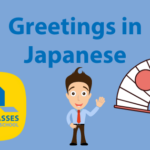
Japanese Greetings // 31 To Use For Daily Life in Japanese
Japanese Greetings // Want to learn Japanese? These greetings in Japanese can range from casual ones with your friends and also more formal greetings.
BONUS || Find out how to say Goodbye in Chinese!
Goodbye in Japanese || Casual Expressions
As mentioned earlier, even in casual situations, the expression “Ostukare!” can also be used in casual situations.
Here are some other casual expressions used in farewells:
| JAPANESE | ROMAJI | ENGLISH |
| おつかれっした | otsukaresshita | Thank you for your hard work |
| おつかれっす | otsukaressu | Good job |
| じゃあね! | jaane | See you later! |
| またね! | matane | See you! |
| バイバイ! | baibai | Bye bye! |
| 元気で! げんきで! | genki de | Take care! |
おつかれっした Otsukaresshita is an informal form of おつかれっす otsukaresama deshita.
It can be used as a greeting to colleagues, subordinates, or casual friends. This also uses the past tense した shita, and there are also present tense expressions such as おつかれっす otsukaressu. This can be used as an encounter greeting.
The most used goodbye expression would be じゃあね! jaane!
There are several variations of this:
んじゃ。
nja
Okay then
じゃ、また。
ja, mata.
See you later
それじゃ。
soreja
Well then
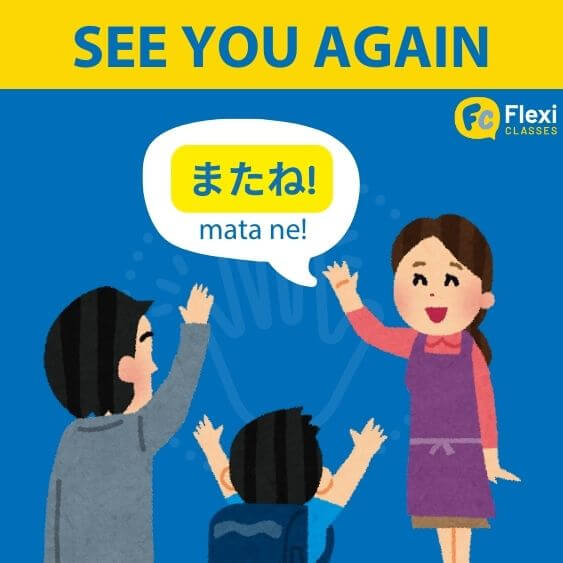
またね! Matane means “see you again.”
元気で Genki de means “I wish you well,” and is usually used for people you do not expect to see for a while. For example, it is not used for someone you know you will see again tomorrow.
The word 元気 Genki is also used as a greeting when meeting someone, as in 元気?(げんき).
The word 元気 genki means not only good health, but also a state of being full of enthusiasm and vigor to do something.
Goodbye in Japanese || Other Expressions
いってらっしゃい
itterasshai
Take care
いってきます
ittekimasu
I’m off
When departing from somewhere, it is common to say “itterasshai” to the person leaving and “ittekimasu” to the person seeing him or her off. It can be used for family members, friends, co-workers, bosses, or anyone.
お気をつけて
おきをつけてokiwo tsukete
Please be careful
This means “please be careful” and is used to see someone off. It can also be used for people in any position.
さらば
saraba
Good bye
Saraba is a very old-fashioned way of saying “sayounara / good-bye.” It is rarely used in real life situations, but is occasionally used in dramas and anime.
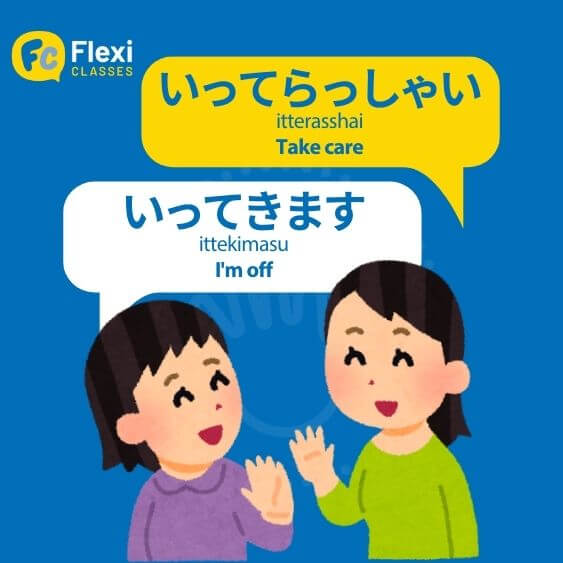
As we have seen above, expressions other than “sayounara” are usually used in most cases. Of course, there is nothing wrong with saying “sayounara” when you are not used to it, but if you can use the above expressions depending on the situation, you will be considered a fairly advanced user of Japanese.
In particular, understanding “otsukaresama deshita” is the fastest way to improve your Japanese. Good luck with your studies!
How many goodbye phrases have you used in Japanese? Tell us here!
Goodbye in Japanese || FAQs
How do you say goodbye in Japanese?
Goodbye is “sayounara” in Japanese, but in real situations, other expressions depending on the context are used.
What is “otsukaresama desu?”
It is a versatile expression and can be used as greeting in many kinds of situations.
What should I say when leaving the workplace?
You are supposed to say “otsukaresama deshita, osaki ni shiturei shimasu.” This is the politest way of saying goodbye in the workplace.
Can I use “otsukaresama deshita” in the videoconference?
Yes, “otsukaresama deshita” can be used in the videoconference.
Can I say “otsukaresama deshita” to my friends?
Yes, but to friends, a more casual form “otsukare” is preferred.
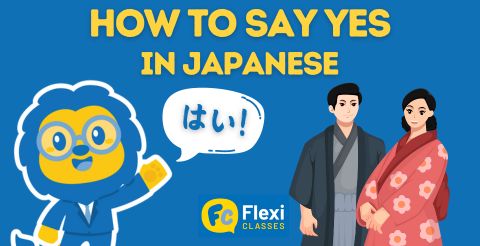
In the Country of Harmony: How to Say Yes in Japanese
Understanding the Variations of Yes in Japanese || Need-to-Know Vocab, Phrases and Culture Japan is a country that values harmony, and there is a great psychological cost to saying no or rejecting something. Of course, whilst saying yes in Japanese…
Want More From LTL?
WANT TO LEARN JAPANESE? Check out our online Japanese courses here.
We offer a 7-day free trial to all new students where you can study 24/7.
What about studying Japanese in Japan instead? We’ve got your back. Our Japanese courses in Tokyo can either be taken in small groups of no more than 5 students or individually for a more tailored experience.
We even offer incredible homestay experiences in Tokyo as well.
Come and be a part of this amazing community.









